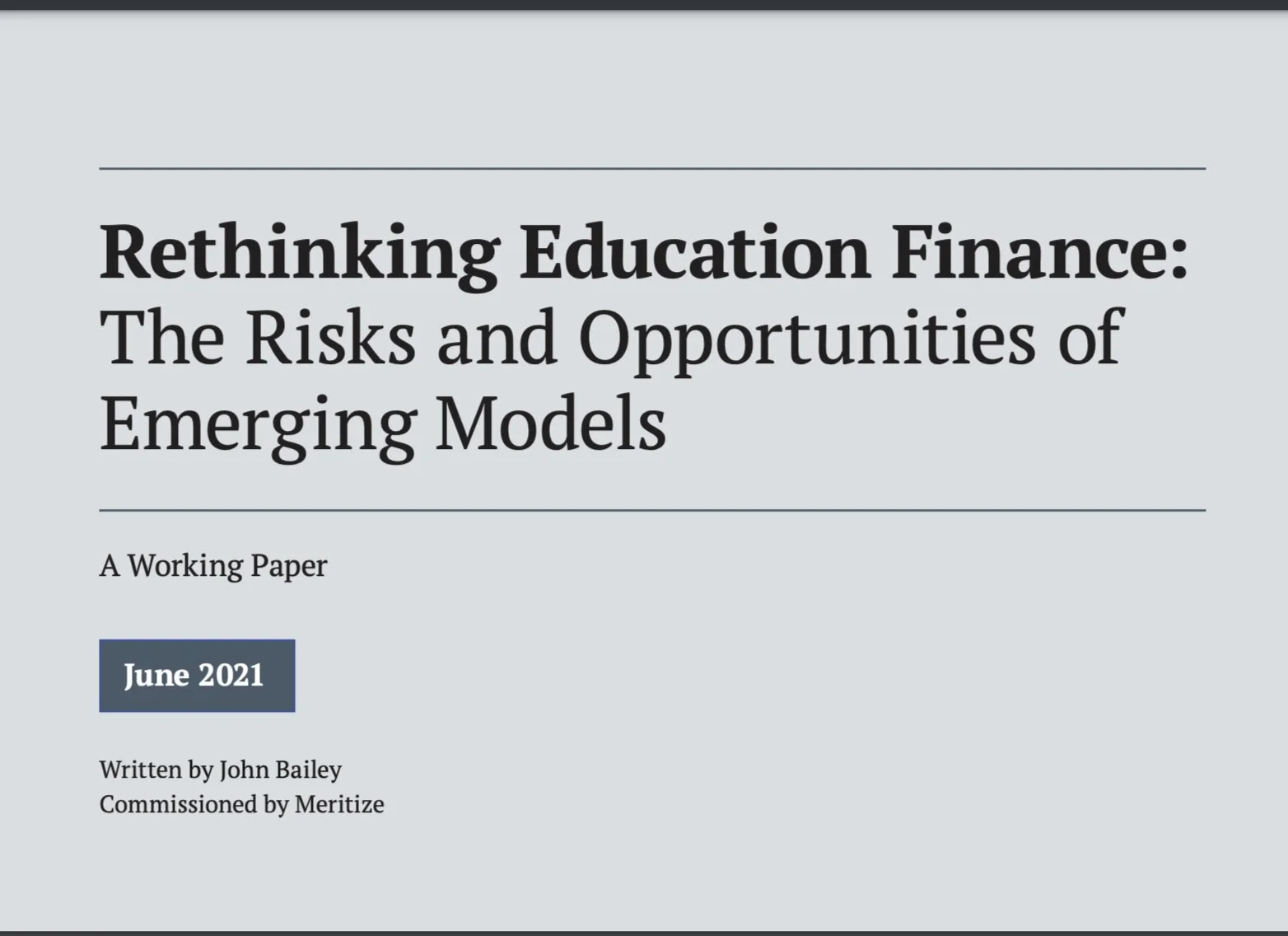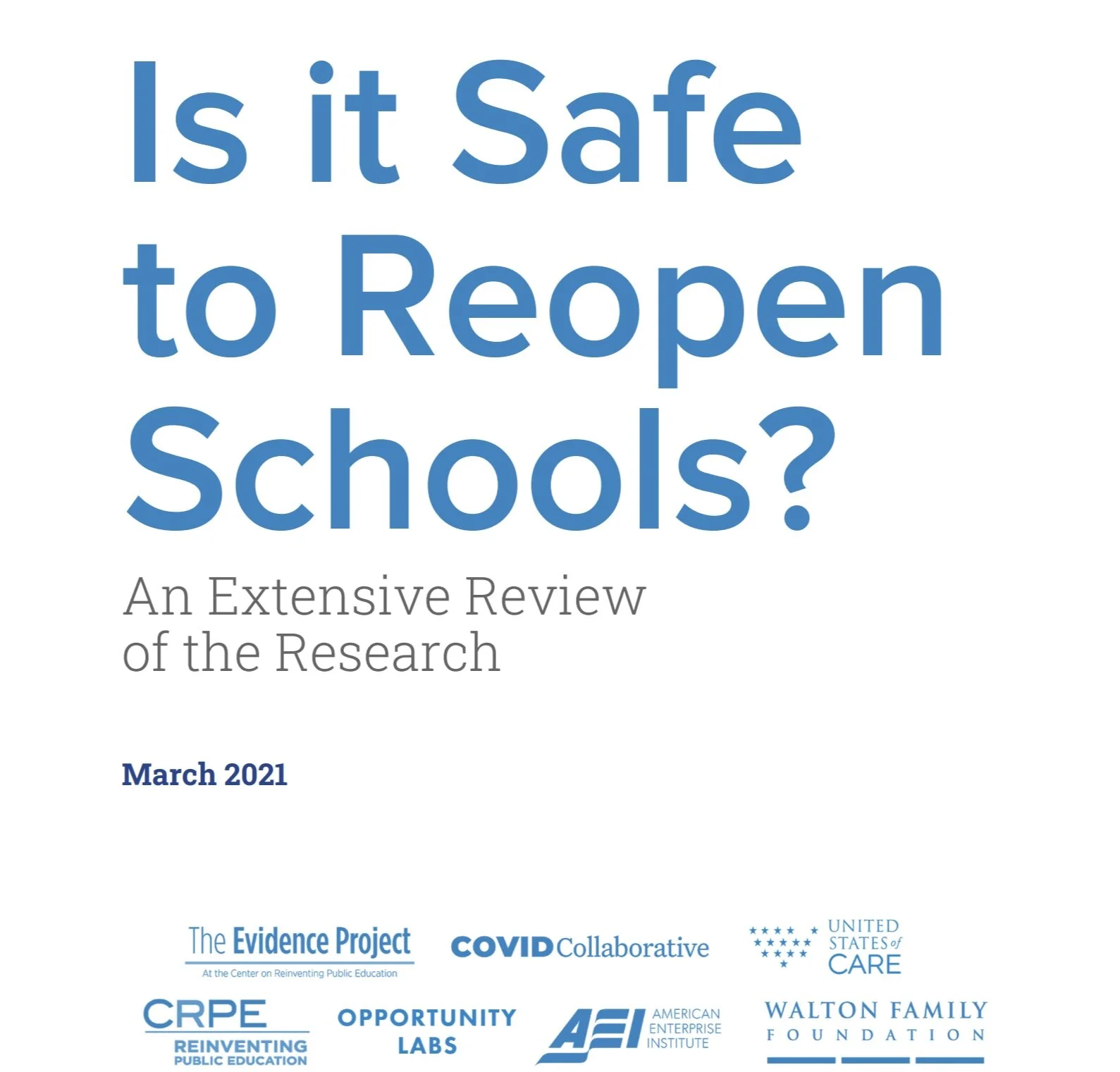Senate leaders are expected to release updated text on a slimmed-down set of bills to bolster the US semiconductor chip industry. The measures will likely include $52 billion in subsidies and an investment tax credit to boost US manufacturing, but the rest of the Bipartisan Innovation Act (BIA) remains in limbo at a time when more urgent action is needed. Strengthening America’s leadership in science and innovation tomorrow will depend on three crucial areas of investments needed today in bolstering semiconductor manufacturing, boosting federal R&D, and addressing the talent gap.
Harnessing the Best of Automation While Minimizing the Downside Risks
The pandemic and economic disruptions have accelerated the adoption of automation technologies that will introduce important benefits to businesses and consumers but may also create disruptions for many workers and communities. Policymakers and leaders can take steps now to help navigate these disruptive changes.
American Space Achievements: Lessons from the Past Year
The past year was filled with incredible technological breakthroughs and moments of inspiration. We should celebrate these achievements, but also use them as a call for continued action to strengthen the pipelines that enable innovation. Federal policymakers and regulators should double down on using public-private partnerships and creating more regulatory room to test and scale innovations. One important element of this work should involve reviewing existing regulatory processes that may need modernization.
Washington DC’s 500 Most Influential People
Honored to be included in the Washingtonian Magazine's list of Most Influential People along with so many inspiring leaders. Wonderful to see many friends and colleagues on this list.
News Coverage of Our Report "Is it Safe to Reopen Schools?"
New coverage on the report Is It Safe To Reopen Schools?: An Extensive Review of the Research including CNN, Axios, WSJ, and more.
Via CNN:
In fact, a new report that analyzed 130 studies on school reopening found that schools can safely reopen if they follow mitigation strategies including mask wearing and social distancing. The report -- Is it Safe to Reopen Schools? An Extensive Review of the Research, authored by education and policy expert John Bailey -- even found that when it comes to physical distancing, 3 and not 6 feet may be enough.
Are Federal Broadband Grants Taxable?
Casey Lide of Keller and Heckman recently wrote a blog post warning that federal grant funding might be considered taxable income by the IRS. This unexpected tax liability could severely curtail the impact of federal grant programs designed to expand affordable broadband connectivity and close the digital divide. The Biden administration is weighing available options for using executive authority to exempt these projects, but a better remedy is for Congress to pass a clean and clear extension.
Reset Strategies Now, Prepare for the Future
The rapidly receding Omicron wave of Covid-19 presents a moment to pause and reflect on our pandemic strategy and make needed and, in some cases, long overdue adjustments. This is also the time to prepare for future pandemic risks. As we move forward, it is important for policymakers and health authorities to review which measures have worked, which policies have fallen short, and which actions have produced too little public-health benefit relative to the costs they have imposed on families and, too often, on children.
Competitiveness Legislation Should Address Immigration
For the first time in over a decade, Congress is considering legislation to strengthen US leadership in science and innovation by bolstering domestic research and development (R&D) and manufacturing capabilities to build supply-chain resilience and reduce dependence on China. Congress should also use this opportunity to pass complementary immigration reforms that will allow the US to meet the challenges of the 21st century.
A Direct Cash Benefit Can Help Families With the Cost of School Closures
One of the least discussed harms from school closures during the pandemic has been the extra costs families face with securing child care, finding alternative education arrangements and losing income due to missing work. Governors should use their American Rescue Plan funds to provide families with financial assistance to absorb the unexpected economic impacts created by school closures and student quarantines.
Broadband Provisions in the Infrastructure Investment and Jobs Act
Broadband has become a fundamental enabling technology for nearly every aspect of our lives. It helps support online learning, remote work, telemedicine, and delivery of government services. In the same vein, the lack of access to affordable broadband creates enormous challenges for segments of the population that are unable to access crucial services to help them succeed in work and life. This report summaries the Infrastructure Investment and Jobs Act programs that will allocate more than $65 billion toward closing the digital divide.
COVID-19 Policy Update
The COVID-19 Policy Update is a daily digest of important stories, research, and resources to help leaders better understand the rapidly unfolding events related the coronavirus. Subscribers include state and federal policymakers, education executives, investors, and entrepreneurs. My hope is that these provide the information you need to better understand the emerging trends, challenges, and opportunities surfacing during the pandemic.
America’s public schools and non-profits will play a crucial role in resettling Afghan refugees
The U.S. government bears much of the responsibility for the unfolding refugee crisis. Schools must have the resources and support they need to help Afghan families resettle and adjust to their new homes. These families put their lives on the line to advance American interests in Afghanistan. Let’s honor that sacrifice by helping them rebuild their lives here in the U.S.
COVID-19 Will Continue to Disrupt Schools, But We Can Manage It
Some excerpts from my recent piece in Newsweek outlining reasons why we should prepare for a third year of interrupted learning in schools. I then outline five steps we can take to help manage the challenges and uncertainty.
Education Recovery Benefits
In a new report, I make the case for Governors using a portion of their $350 billion of Coronavirus State and Local Fiscal Recovery Funds to provide direct support to low-income parents who faced economic hardship created by school closures and whose children need additional support for their academic recovery and well-being.
Rethinking Education Finance: The Risks and Opportunities of Emerging Models
Vaccinating America’s Children Depends on Parents, Not the FDA
The FDA’s approval of Pfizer’s COVID-19 vaccine for 12 to 15-year-olds is an important step in the nation’s path toward herd immunity and for providing an additional layer of protection that will make it easier for teenagers to attend summer camp and in-person schooling in the fall. However, the greatest challenge to getting 17 million teens vaccinated may not be FDA approval but instead parental approval. The Kaiser Family Foundation’s Vaccine Monitor found only 3 in 10 parents say they will get their child vaccinated as soon as a vaccine is available. Nearly 25 percent will wait to see how it’s working, 18 percent will vaccinate only if their child’s school requires it, and 23 percent say they will definitely not get their child vaccinated.
Summary of the Education Provisions of the American Rescue Plan
A summary of the education provisions of the American Rescue Plan prepared for a session at the NSVF Summit 2021.
Is it Safe to Reopen Schools? An Extensive Review of the Research
A new report, Is it Safe to Reopen Schools? An Extensive Review of the Research, from the COVID Collaborative, United States of Care, the Walton Family Foundation, Opportunity Labs, CRPE's Evidence Project, and AEI summarizes more than 130 studies that show the physical, academic, and emotional toll of school closures will have a significant negative impact on children for decades to come. The report highlights key findings around risks for children, transmissibility concerns, and the impact of school reopenings on community spread — including a new analysis of data related to learning loss, student engagement, and absenteeism with a focus on the disproportionate harm on students of color.
Code for America: A Conversation on Leadership, Technology & Innovation in a Time of Transition
Code for America’s Amanda Renteria and Ryan Ko engaged in a lively conversation with Tech Talent Project’s Cass Madison, Aspen Tech Policy Hub’s Betsey Cooper, and Walton Family Foundation advisor John Bailey. Our panelists shared their insights into the realities of technology hiring and procurement, the unique technical challenges facing President Biden’s administration, and their hopes for how government might better adapt policy implementation for the digital age.
























